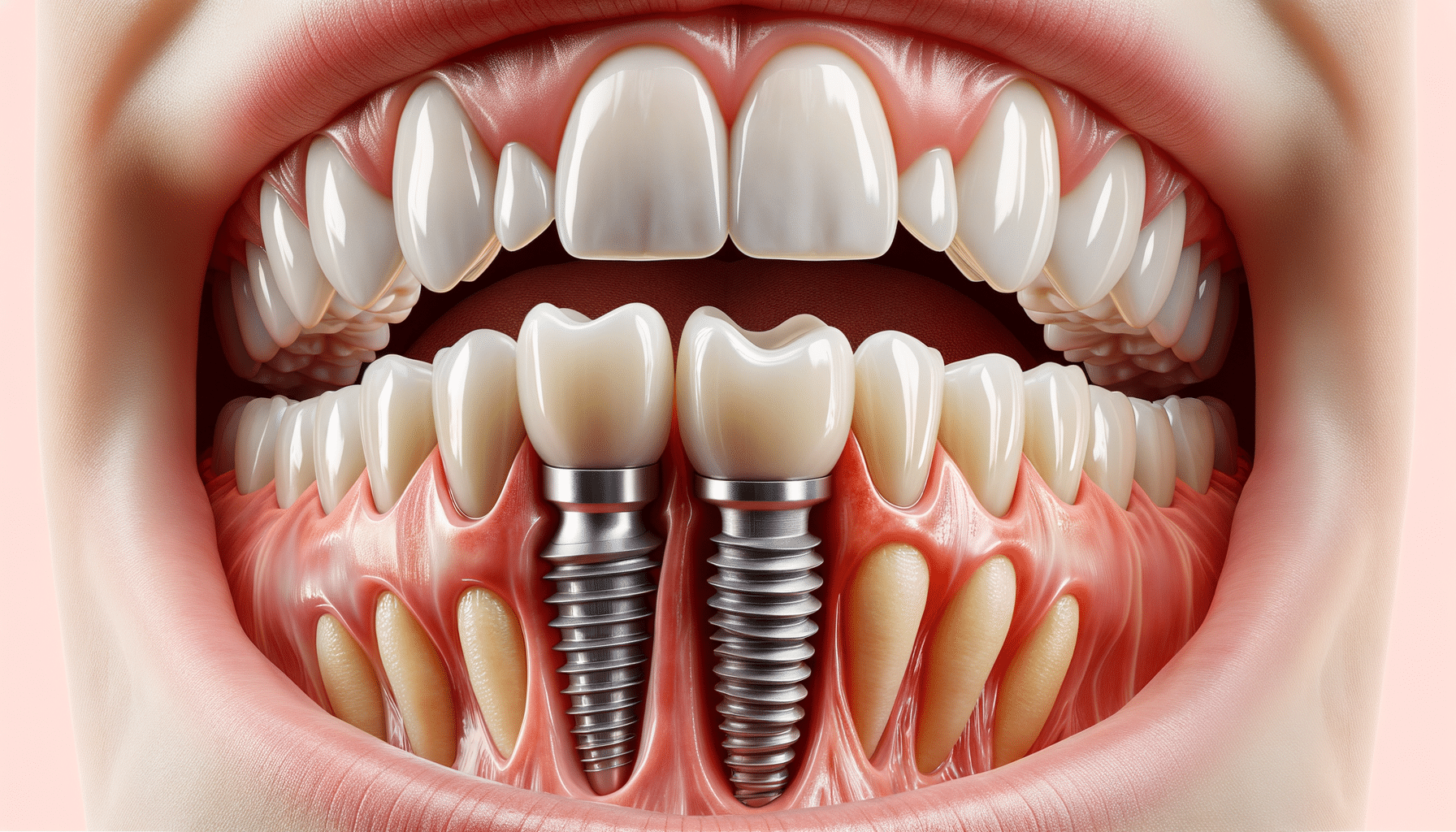
What You Need to Know About Dental Implants
Introduction to Dental Implants
Dental implants have revolutionized the field of dentistry, offering a durable and aesthetically pleasing solution for those who have lost teeth. Unlike traditional dentures or bridges, dental implants provide a permanent replacement option that closely mimics the look and function of natural teeth. This advancement is not just about aesthetics; it significantly impacts oral health and quality of life.
The importance of understanding dental implants cannot be overstated. With the rising number of individuals seeking this form of treatment, it is crucial to be informed about the procedure, the benefits, and potential risks involved. This article aims to provide a comprehensive overview of dental implants, helping you make informed decisions regarding your oral health.
Benefits of Dental Implants
Dental implants offer numerous benefits that make them a preferred choice for many. Here are some of the key advantages:
- Durability and Longevity: Implants are designed to last many years, often a lifetime, with proper care.
- Improved Oral Health: Unlike bridges, implants do not require altering adjacent teeth, preserving more of your natural tooth structure.
- Enhanced Comfort and Functionality: Implants function like natural teeth, allowing you to eat, speak, and smile with confidence.
- Bone Preservation: Implants help maintain jawbone density, preventing the bone loss that typically occurs with missing teeth.
These benefits contribute to the overall well-being of individuals, enhancing both physical health and self-esteem. The stability and natural feel of implants often lead to a significant improvement in the quality of life for recipients.
The Dental Implant Procedure
The dental implant process involves several stages, each essential to ensure the success and longevity of the implant. Initially, a comprehensive evaluation is conducted to assess the condition of your oral health and determine your suitability for implants. This includes X-rays and, sometimes, 3D imaging to plan the procedure accurately.
The surgical phase involves placing a titanium post into the jawbone, which acts as a root for the artificial tooth. This post needs time to integrate with the bone, a process known as osseointegration, which can take several months. Once healed, an abutment is attached to the post, and a custom-made crown is placed on top, completing the restoration.
It’s important to note that while the procedure is highly successful, it requires a commitment to maintaining good oral hygiene and regular dental check-ups to ensure the implant remains in optimal condition.
Considerations and Potential Risks
As with any medical procedure, dental implants come with potential risks and considerations. It is vital to discuss these with your dental professional to weigh the benefits against any possible complications. Some risks include:
- Infection: As with any surgery, there is a risk of infection at the implant site.
- Nerve Damage: This can occur if the implant is placed too close to a nerve, leading to pain or numbness.
- Sinus Problems: Implants in the upper jaw can protrude into the sinus cavities, potentially causing issues.
Despite these risks, the success rate of dental implants is high, often exceeding 95%. Ensuring a qualified and experienced dental professional performs the procedure can mitigate many of these risks.
Conclusion: Is a Dental Implant Right for You?
Dental implants can be a life-changing solution for those seeking to restore their smile and oral functionality. They offer a durable and natural-looking replacement for missing teeth, with the added benefit of preserving jawbone health. However, deciding to undergo the procedure requires careful consideration of your individual circumstances, health status, and the potential risks involved.
Consulting with a dental professional is the first step in determining whether dental implants are the right choice for you. With the right care and maintenance, dental implants can provide a lifetime of benefits, enhancing both your smile and your quality of life.


